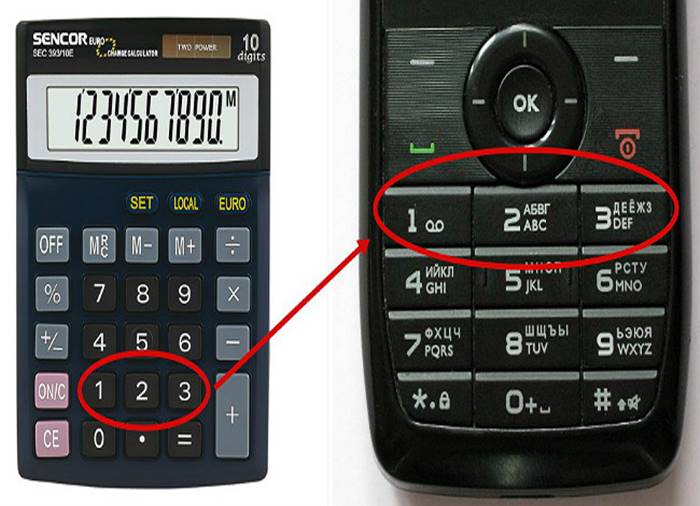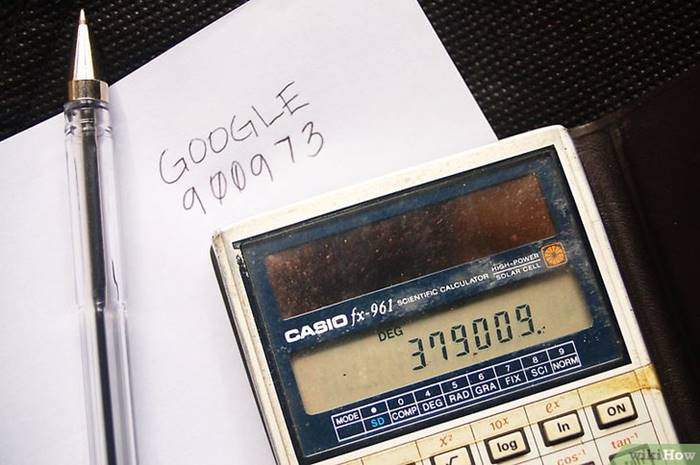A calculator is an electronic computing device for performing operations on numbers or algebraic formulas. Calculator replaces mechanical computing devices such as the abacus , abacus , slide rules , mechanical or electro-mechanical calculating machines , as well as mathematical tables.
Calculations prior to a portable mechanical computer were performed by means of an abacus. An abacus is a device, the purpose of which is to perform the simplest arithmetic calculations by the type of addition and subtraction of sums. The abacus was divided by lines, and the count was done using stones and similar objects on a ribbon. The first abacus dates back to the third millennium BC. In the 16th century, abacus with stone or wooden knuckles.
Today it is unprofitable to buy office goods in city shops. The margin in them exceeds all reasonable limits, and a lot of time is spent looking for the right one, as well as communicating with the seller. For a business person, time is money and losing it means losing a certain amount of profit or time of the working day. Therefore, a modern person weaned from a standard calculator and mostly uses a standard calculator in the computer operating system.
Calculator Facts
The first known tools used to aid arithmetic calculations were: bones, stone blocks, and counting boards, and abacus, known to have been used by the Sumerians and Egyptians before 2000 BC. Apart from the Antikythera method, the development of computer tools came in the early 17th century: geometric compasses and soldiers (by Galileo), logarithms and skeletons of Napier (by Napier), and slide law (by Edmund) Gunter).
Photo Source
Photo Source
Facts about calculator
1. Numeric values on calculators move from bottom to top, and not from top to bottom, as on phones - calculators come from mechanical counting machines, where the number is traditionally located from bottom to top. Changing the phone over time, they used to run with a special rotating disk for a very long time, and when the time came for digital buttons or push-buttons, today it was replaced in digital objects, making the arrangement of numbers similar Placed as expected, similar to the disc on the phone - from top to bottom also in digital calculator, with zero at the end.
Photo Source
2. The oldest calculator known to us today is the Antikythera Mechanism. It was found on a Roman ship that sank near Antikythera Island in Greece. It was discovered in 1902. The mechanism was designed to correctly calculate the motion of celestial bodies, as well as simple tasks for division, subtraction and addition. Experts believe that it was created in the II century.
Photo Source
3. Who invented the calculator — B. Pascal in 1643 created a special summing machine resembling a box with built-in gears interconnected. In 1673, a German mathematician, Gottfried Wilhelm Leibniz, created his own version of a calculator with a similar operating principle to that of Pascal, but with some difference. He added a movable part to the model, which became the prototype for future portable calculators.
Photo Source
4. The First Pocket Calculator — Sharp made significant efforts in size and capacity reduction and launched in January 1971 the Sharp EL-8, also marketed as Facit 1111, which was close to being a pocket calculator. It weighs 1.59 pounds or 721 grams, has a vacuum fluorescent display, NiCad batteries can be recharged.
Photo Source
5. Fun facts about calculators | Today we came up with a lot of interesting " tricks" with a calculator. For example, you can even say hello with it. To do this, you need to turn the calculator over and type the following combination of numbers on it: 0.7734.
Photo Source
6. On the Internet, you can find even more words that are typed on a calculator, in any language. There are a lot of them! Several hundred, I guess ... You can add up whole stories. Use a search engine like Google to find what interests you.
If you know how to make the letters I, E, H, S, G, L, B, O, Z, and D using the numbers 1, 3, 4, 5, 6, 7, 8, 0, 2, and 0, you you can write 1,453 English words, but not all of them are funny or interesting. Here are some examples:
7734 - the word "hell"
316008 - the word "boogie"
530804 - The word "hobos"
0.70616 - the word "gigolo"
376006 - the word "google" [4 ways]
Photo Source









No comments:
Post a Comment